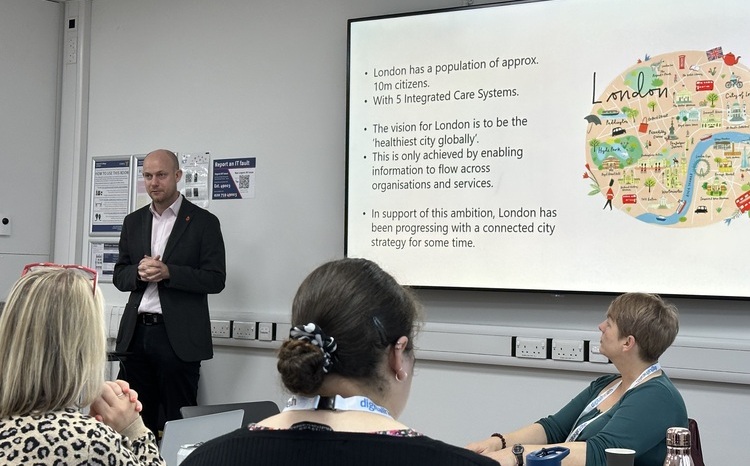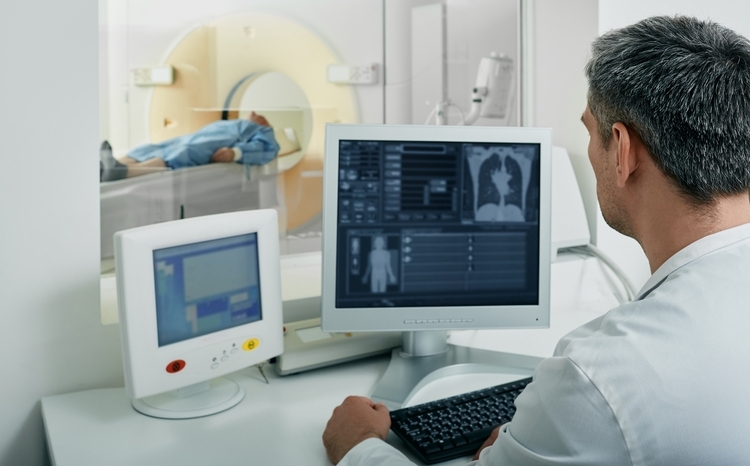AxSys to provide Salisbury within interim clinicals
- 27 May 2008
Salisbury NHS Foundation Trust has commissioned a new trust-wide clinical information system from AxSys Technology while waiting for delayed clinical software from the NHS IT programme.
The clinical database system, which will run alongside the trust’s existing iSoft patient administration system, and is intended to provide an interim application until NHS National Programme for IT (NPfIT) clinical systems become available.
The interim AxSys system will provide clinical and administrative staff access to a single database containing all patient records including medical and social history information, referral details, ongoing clinic visits, test, diagnosis, treatment and discharge data.
Salisbury is an existing iSoft site, one of seven iSoft sites in London and the South that Computer Sciences Corporation is contracted to provide iSoft upgrades and new systems to. However, faced with no firm date for software to be provided and implemented Salisbury decided to procure the AxSys system as an interim measure.
Information will be made available on the desktop where and when required, or accessed remotely, and data collection occurs in real-time. This will enable clinicians to generate tailored reports and providing a constant record of what stage the patient is at in their treatment plan.
Mark Newton, the trust’s clinical databases manager, told E-Health Insider: “The aim is to improve the quality and accuracy of data gathered and to ensure that the trust has full control over the content, usability and functionality of its CIS.
“From patient assessments through to diagnosis and treatment, clinicians will be able to track and manage patient information and records improving the process of patient care”
The AxSys system will be able to import demographic data from the existing PAS system and export the information to a central data warehouse, which can be accessed using the CIS.
Implementation of the system will be phased across clinical departments and specialities to enable the collection of data in the form of custom datasets. The first department, likely to be the cancer treatment department, will go-live early this summer.
Once in place, the system will be used to automate a range of tasks including clinical audit, research projects and providing data for patient management, outcome measurement, and feeding financial analyses.
It will also support the trust to provide DH’s mandatory reports, by using HL7/XML integration with all other IT systems throughout the Trust.
Newton said: “It was clear that our existing software was struggling to cope with the increasing demands and needs of the clinicians who were very much the driving force for change. They also became involved in the process of defining the specifications and criteria required for developing the new CIS.”
In order to ensure the system met their needs, the trust’s information services department formed a clinical information group, to clearly define the needs and requirements that the new system had to deliver against, which included gathering clinician input.
Once fully operational there will be 100 users consisting of clinicians and support staff. Newton says they will see an immediate difference as a result of the switch in systems.
“The system will enable the recording against pre-agreed coded categories and national datasets this will provide assurances that all information is accurate, quantifiable and auditable. The guaranteed consistency of data will also support corporate and clinical governance compliance.”
Laurence Arnold, head of corporate development at the trust, added: “This will support the timeliness and consistency of patient care that the trust delivers. It will also help the trust continue to meet national targets and meet the business needs of our NHS foundation trust status.”
This is the first time AxSys has developed a CIS from its Excelicare product. Dr Pradeep Ramayya, CEO of AxSys Technology, told EHI: “By facilitating the delivery of accurate on-demand information clinicians and other healthcare staff will witness performance improvements, better management of patients and the ability to share information throughout the trust within a secure, confidential environment.”
Link




